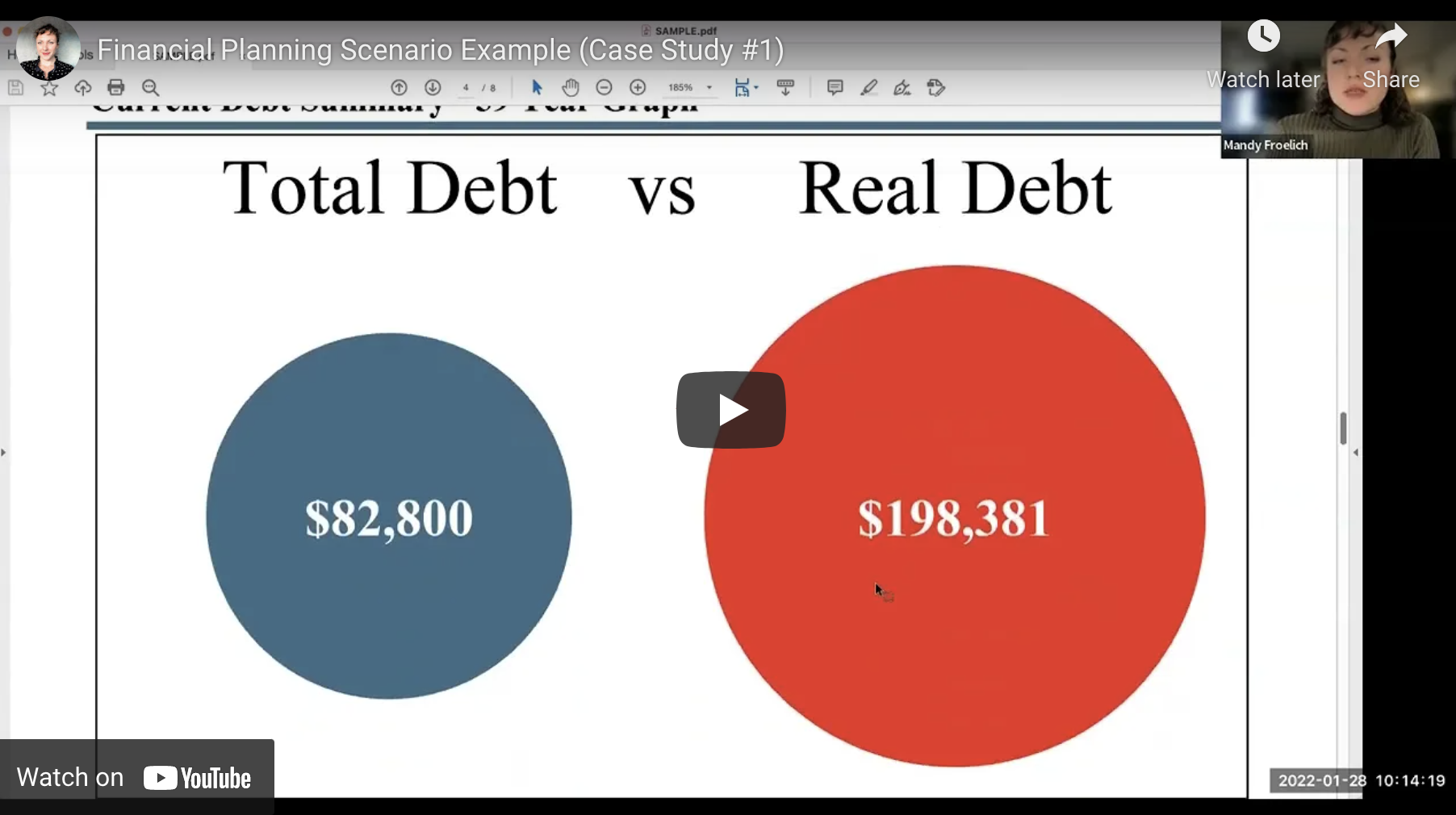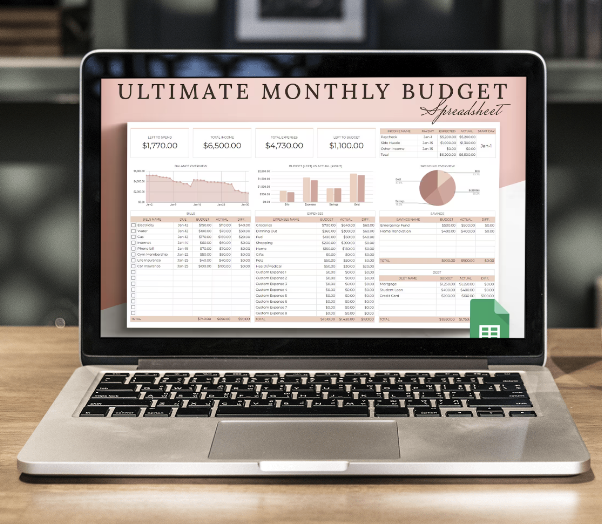Getting a mortgage to buy a house is no simple task. It requires meticulous planning and an excellent credit score to get the best rates. If your credit score isn’t at its peak, you may find it difficult to get a traditional mortgage. The good news is that there are many ways to raise your credit score. The bad news is it’s not easy; it takes time and effort. Read on for some tips on how you can improve your credit score in time to start looking for a home.
Check your credit report
Check your credit report before fixing or improving your score. Credit reports are maintained by Equifax, TransUnion, and Experian. These agencies usually charge a fee to access your report. However, there are some websites that offer free credit report services, such as Credit Karma, Credit Sesame, and Credit.com.
Check for Errors and Mistakes
Check your credit report for any errors or mistakes. If there’s a mistake, you can dispute it and get it removed. Many people make the mistake of assuming their credit report is perfect and that there are no errors or mistakes. In reality, errors are fairly common — often due to simple things like the inclusion of credit information from someone else with a similar name. Errors can harm your credit score substantially and negatively affect your chance of obtaining a mortgage or any other form of new credit. Remember, you have the right to have your credit report free of any errors or mistakes.
Find a More Affordable Loan
If you’re planning to buy a house, it’s important to find an affordable loan to help you get started. In some cases, you can get a mortgage with a low down payment or a loan that doesn’t require you to pay a lot in interest. VA loans are a great way to get a home loan if you’re eligible for them. These loans are available to veterans who’ve completed at least 90 days of service and meet their lender’s eligibility requirements. Check out real-time 30–year VA mortgage rates here.
Make a Down Payment
Making a down payment doesn’t have to be difficult. Some loans allow you to use your savings or a combination of savings and other qualifying assets. If you’re ready to buy a house and have some cash on hand, you can put down 3.5% – 20% of the purchase price, depending on the type of loan you’re using.
Aim for a down payment of at least 10% of the purchase price if your home is valued at less than $300,000; 15% for homes valued between $300,000 and $600,000; 20% for homes valued between $600,000 and $1 million; and 25% for homes valued above $1 million.
Buying a House Without Paying More
A high credit score is essential for buying a house, but having a low credit score means that you will pay more in interest. By following these tips, you can improve your credit score and reduce the amount you’ll end up owing. For help with personal estate planning, visit Black Hills Financial Planning.
Discover more from Black Hills Financial Planning
Subscribe to get the latest posts sent to your email.







